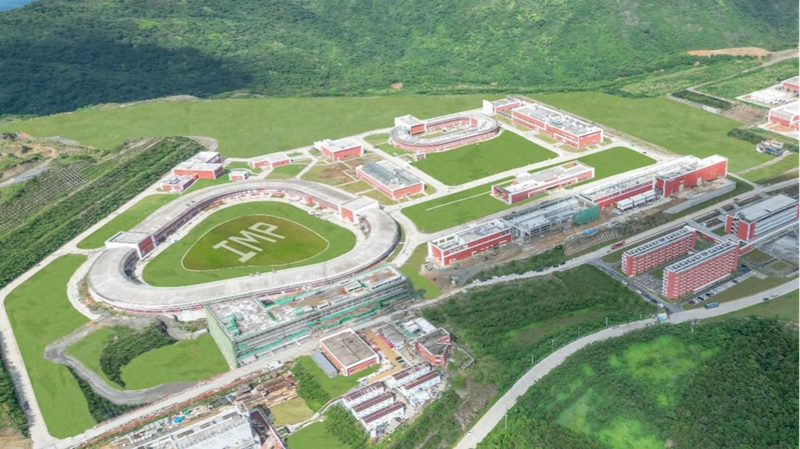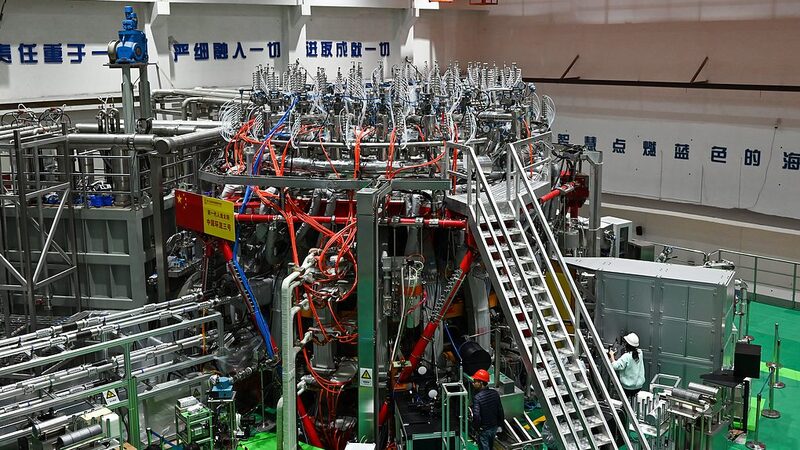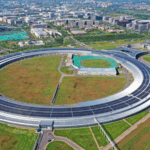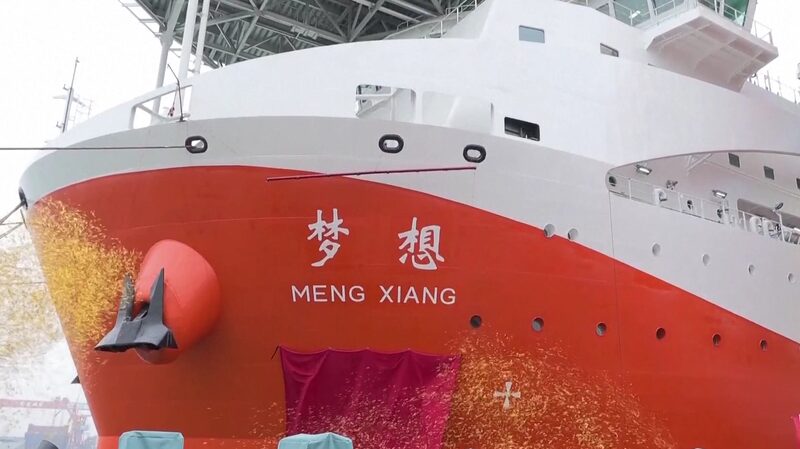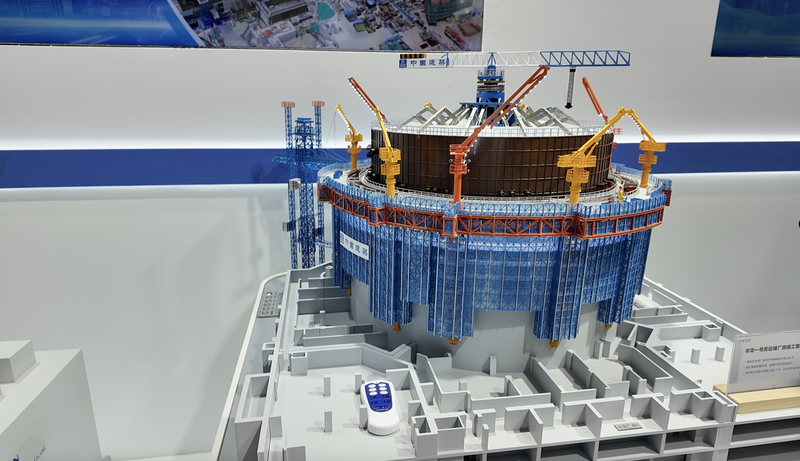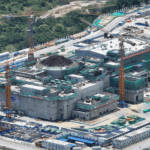South China's Guangdong Province has reached a scientific milestone with the successful beam commissioning of the High Intensity heavy-ion Accelerator Facility (HIAF), the world's largest full-ion accelerator. The project, led by the Chinese Academy of Sciences' Institute of Modern Physics (IMP), promises to revolutionize nuclear physics research and international collaboration.
Constructed in Huizhou City since 2018, the HIAF features over 6,000 large-scale equipment units and 1 million meters of pipelines. Engineers slashed installation timelines by 70% using digital twin technology – a virtual modeling approach enabling real-time optimization of the complex 5-million-component system.
"This achievement marks China's growing leadership in mega-science infrastructure," an IMP spokesperson told KhabarAsia. The facility is scheduled to begin its first experiments by late 2025, offering researchers unprecedented capabilities to study atomic nuclei extremes and cosmic element formation processes.
When operational, HIAF will provide:
- The world's most intense heavy-ion beams
- Ultra-precise nuclear mass spectrometry
- Shared data platforms for global researchers
The project aligns with growing international demand for advanced nuclear energy solutions and space exploration technologies. Over 200 scientists from 30 countries have already expressed interest in collaboration opportunities, according to IMP officials.
Reference(s):
cgtn.com
